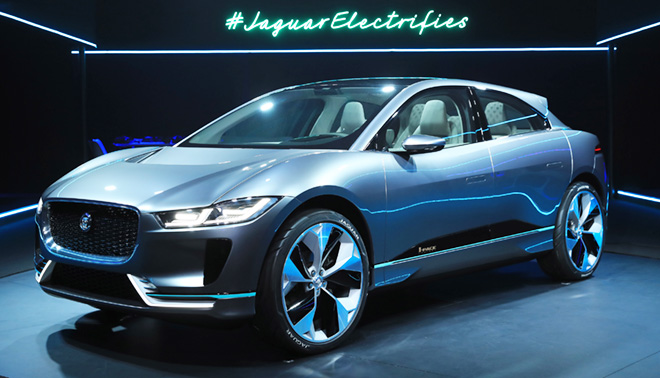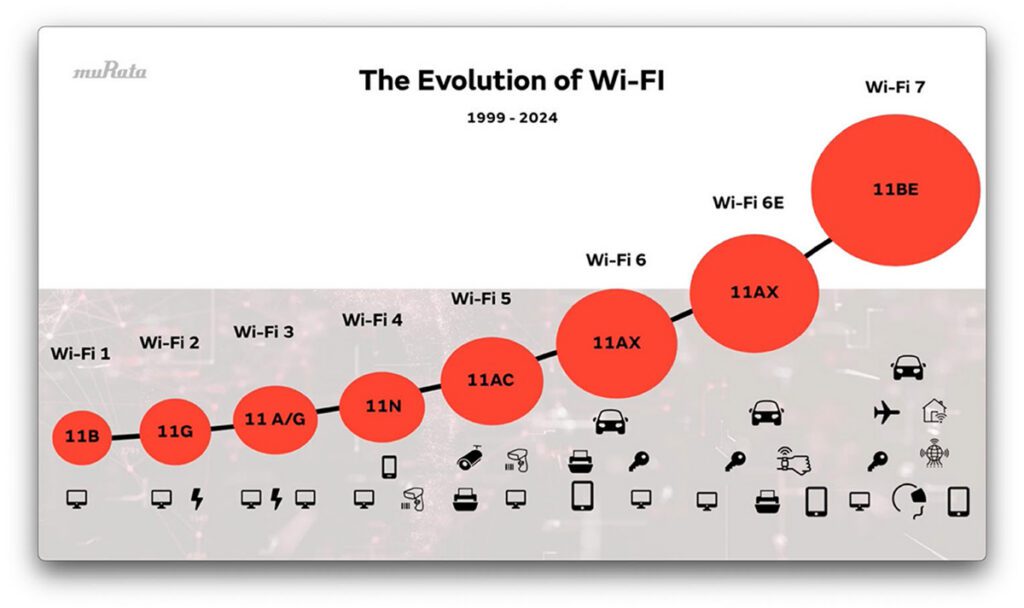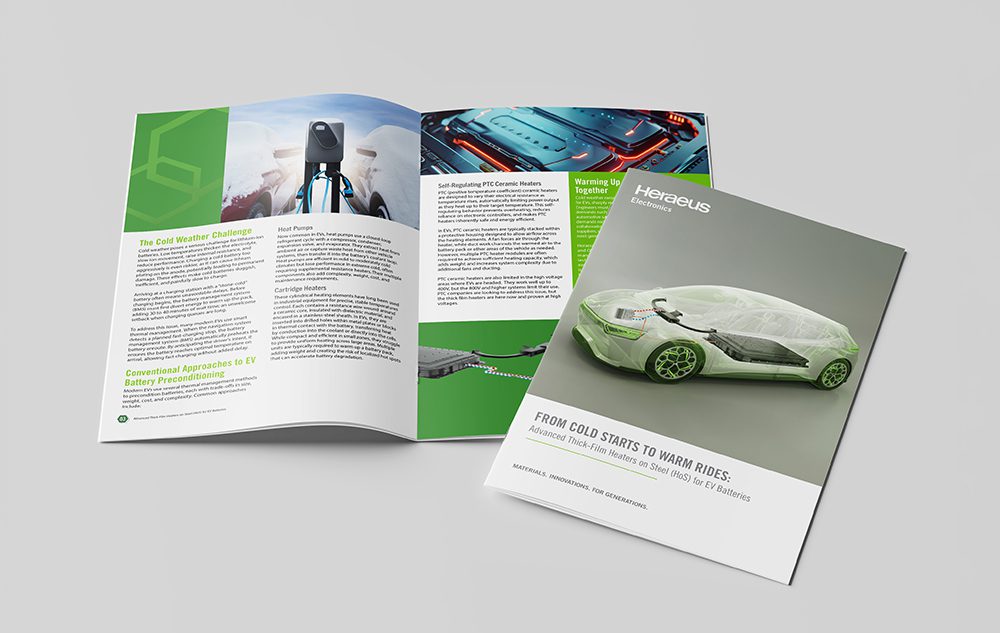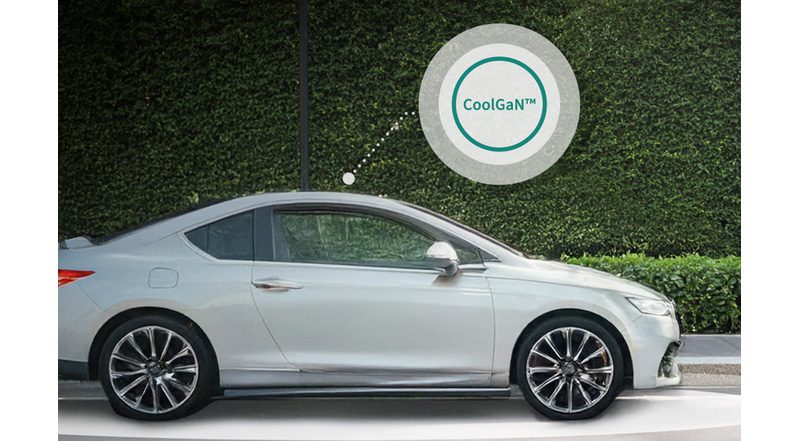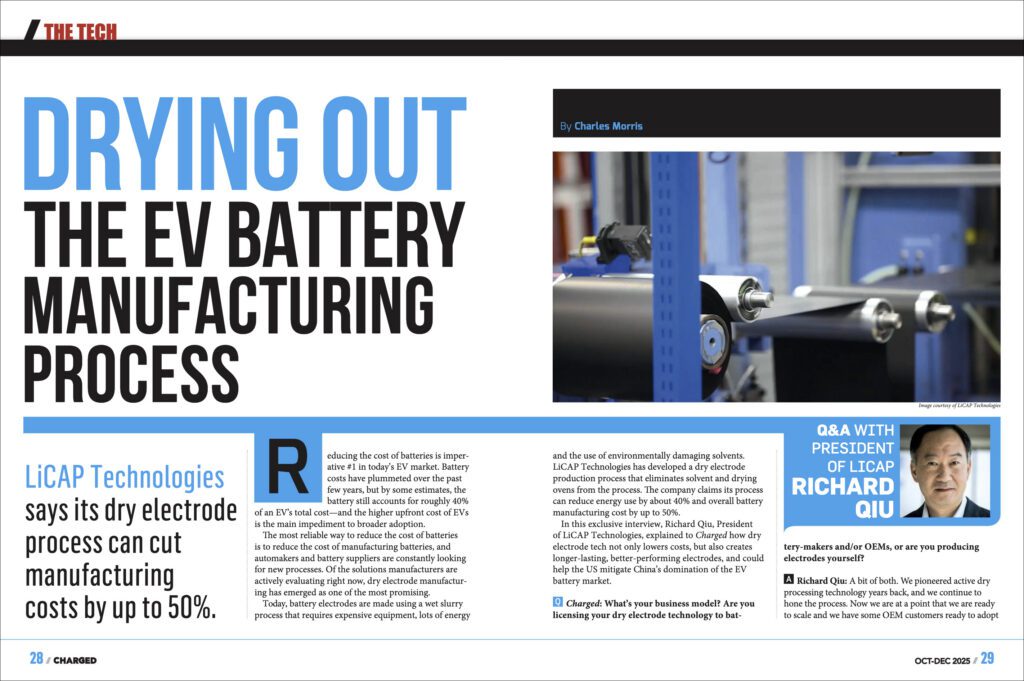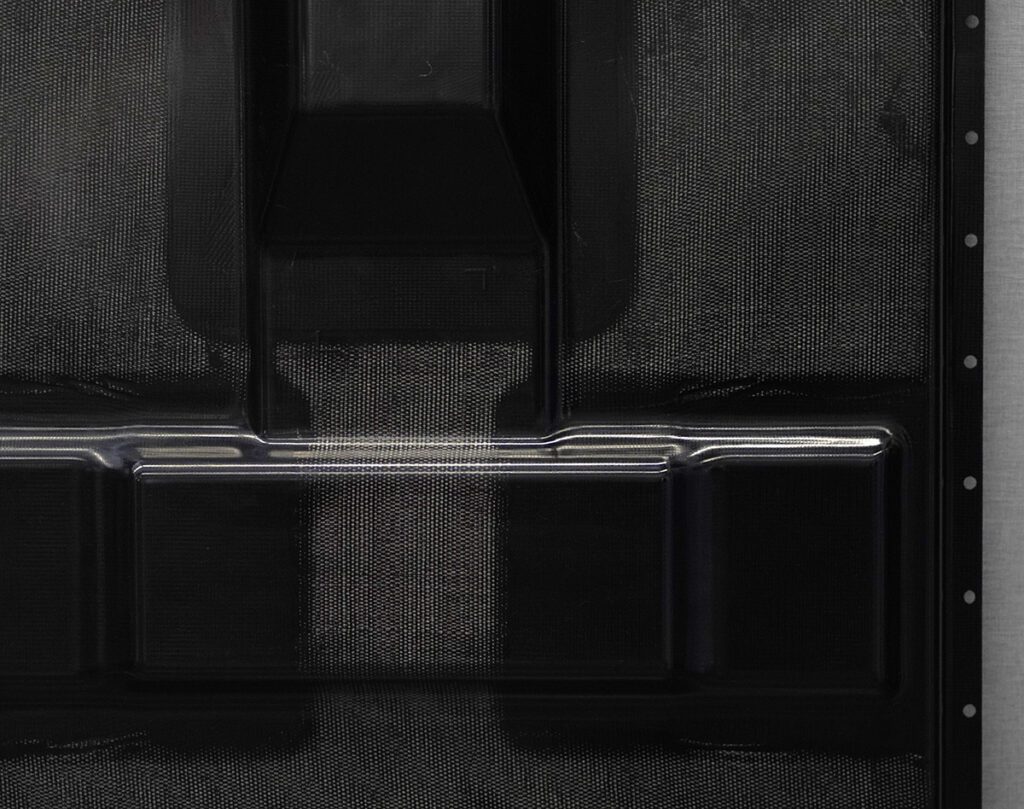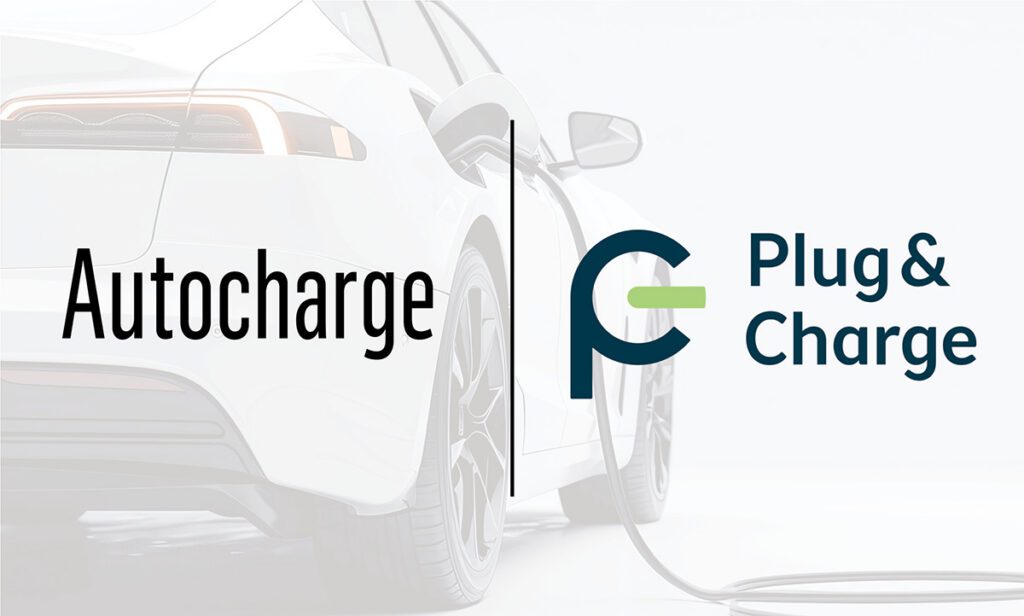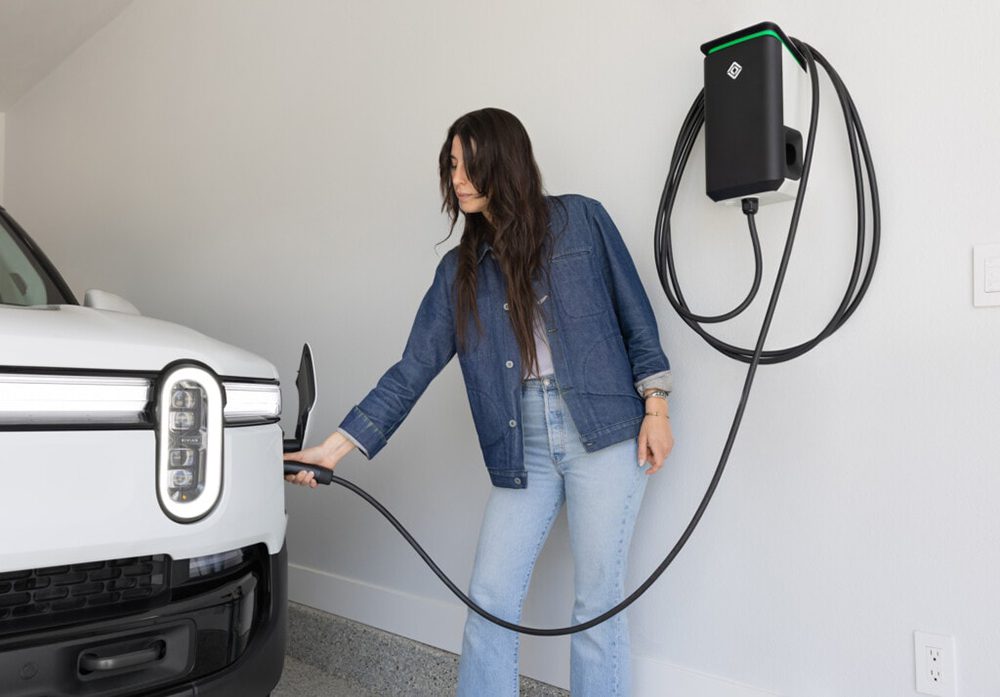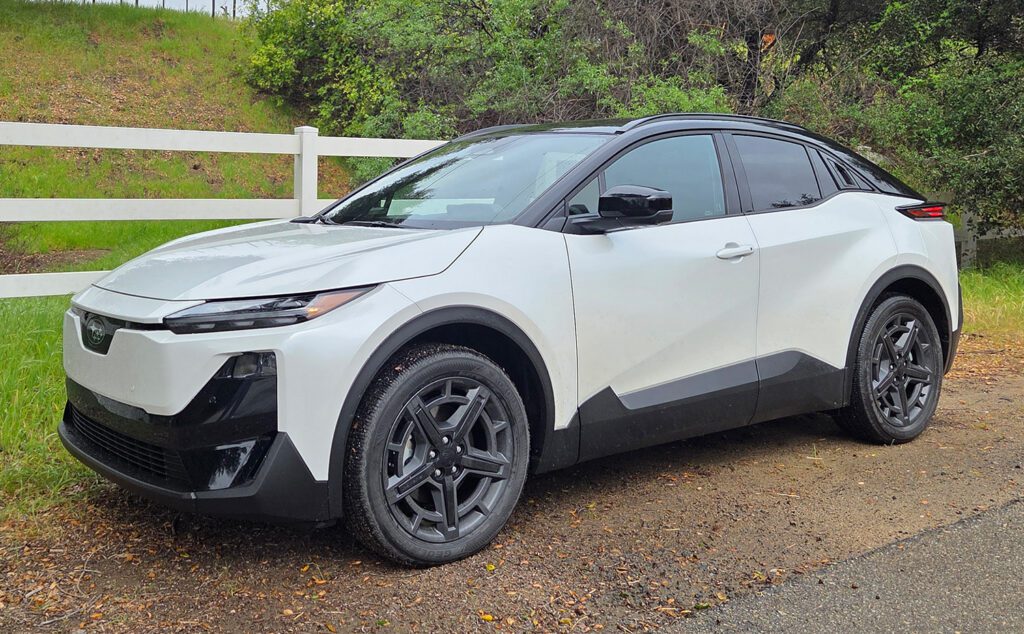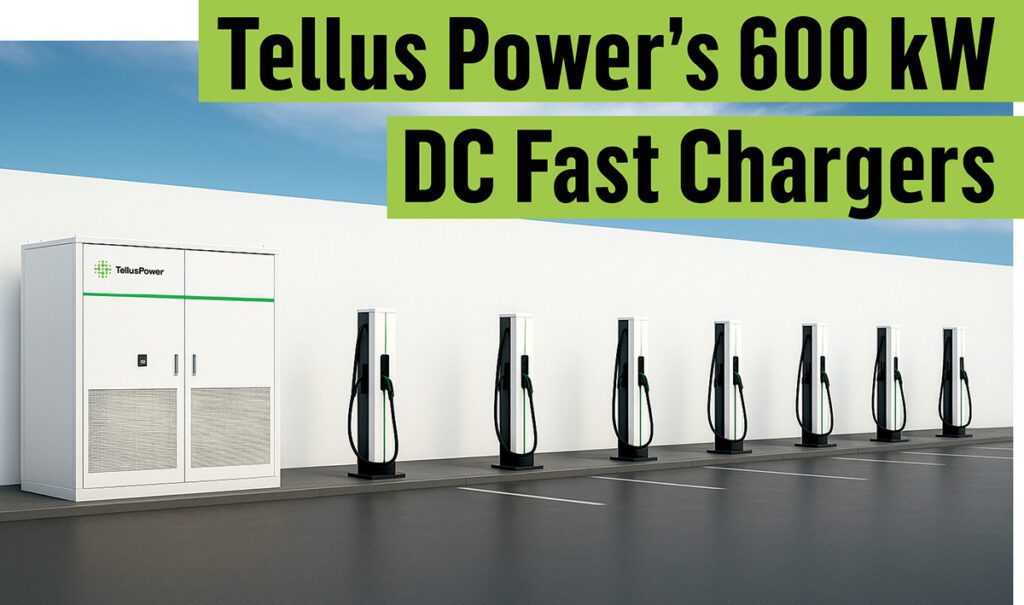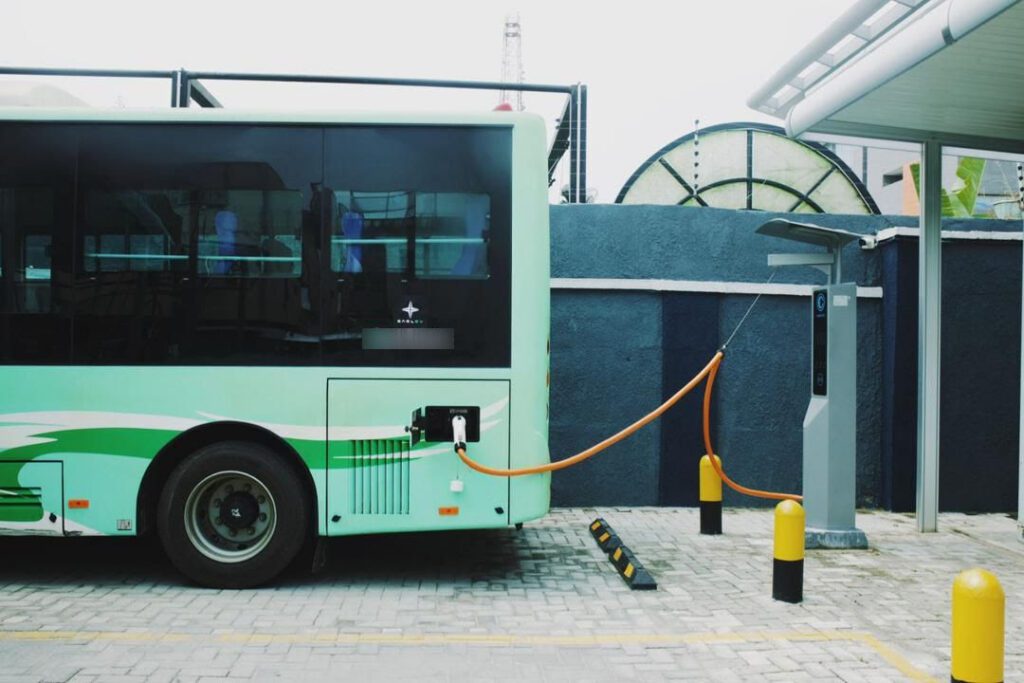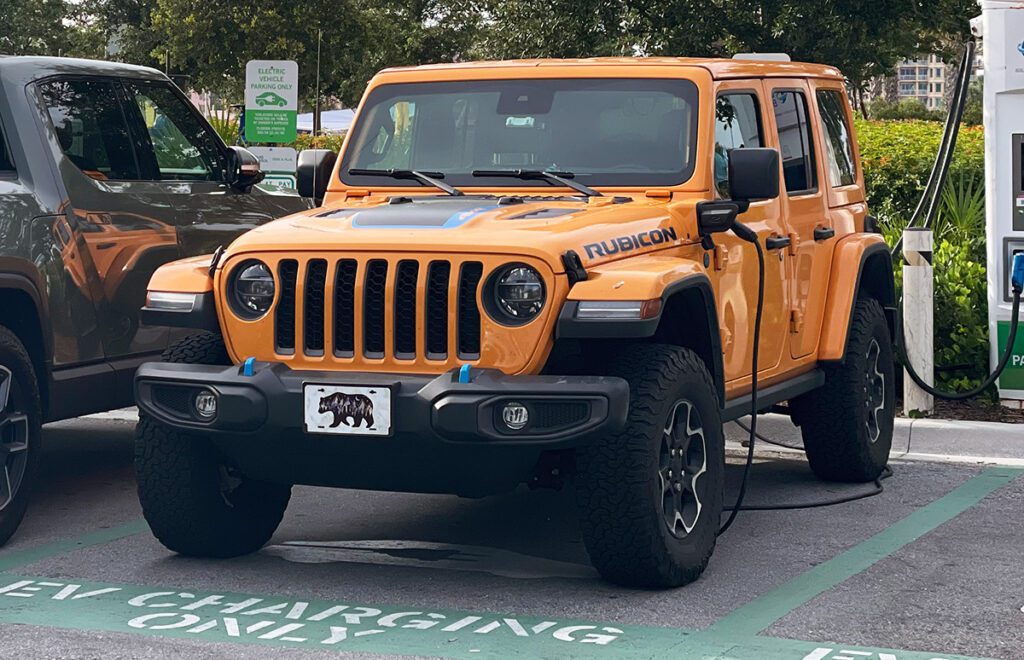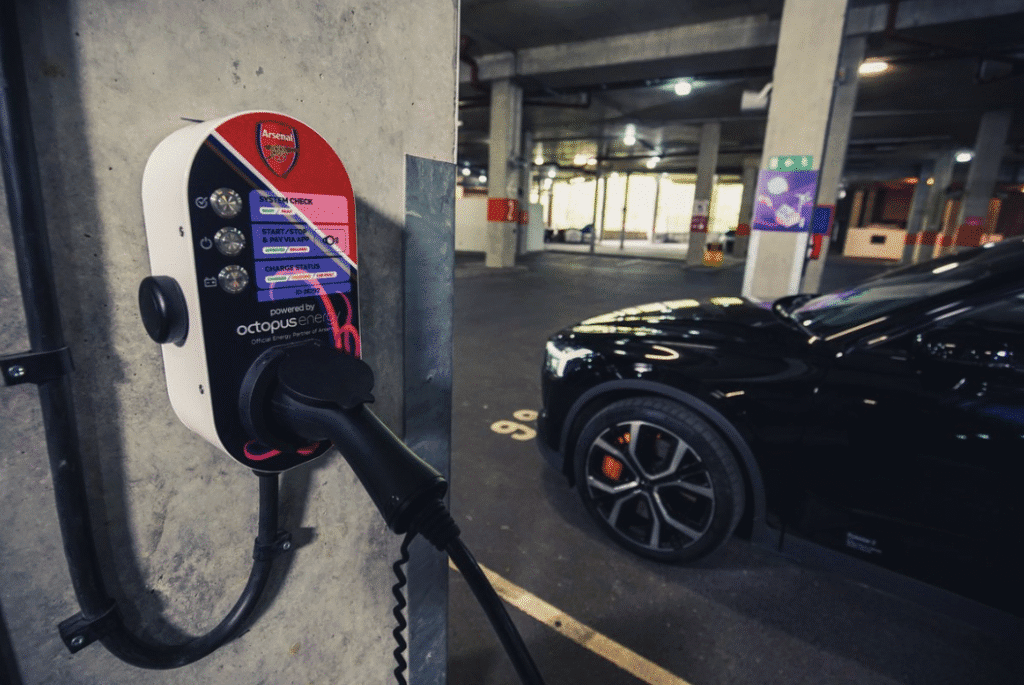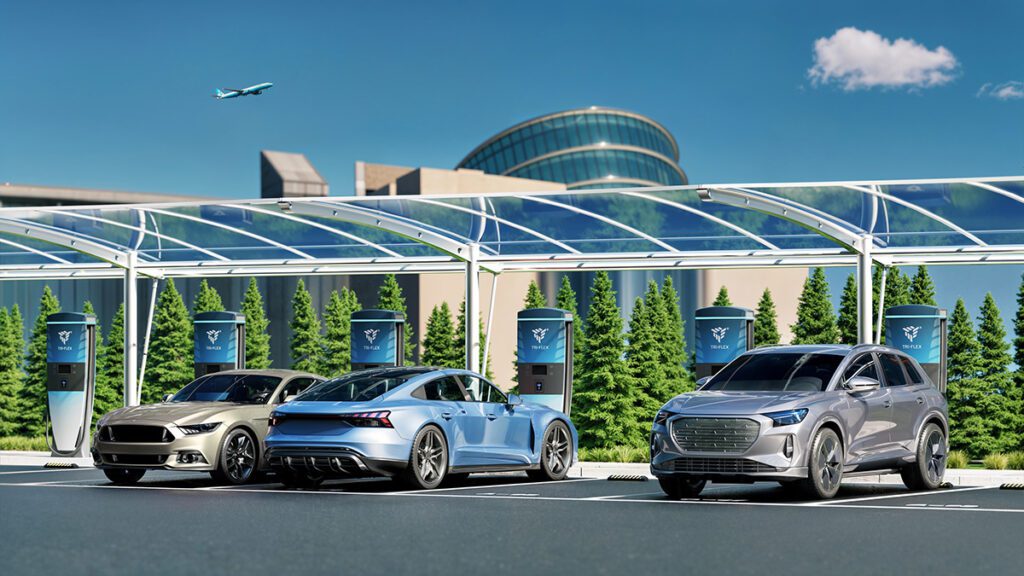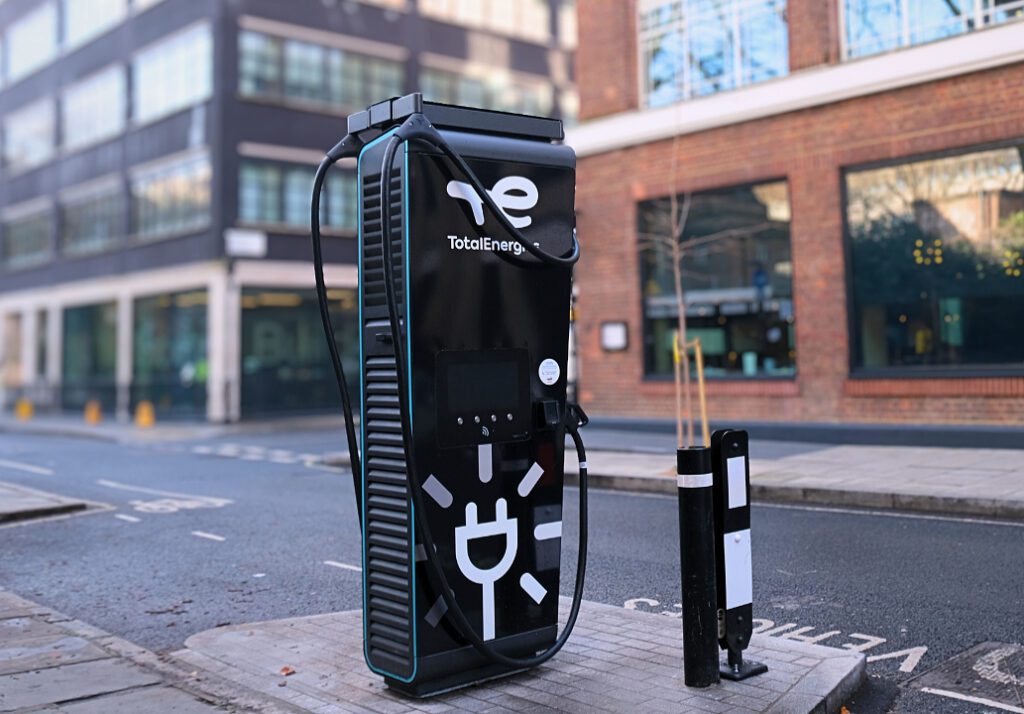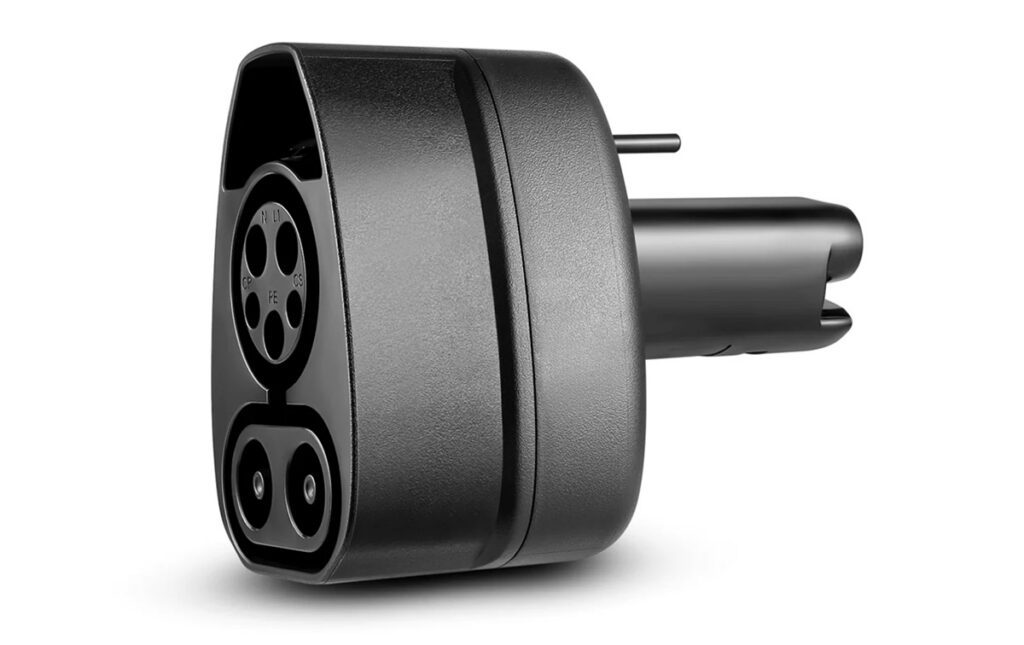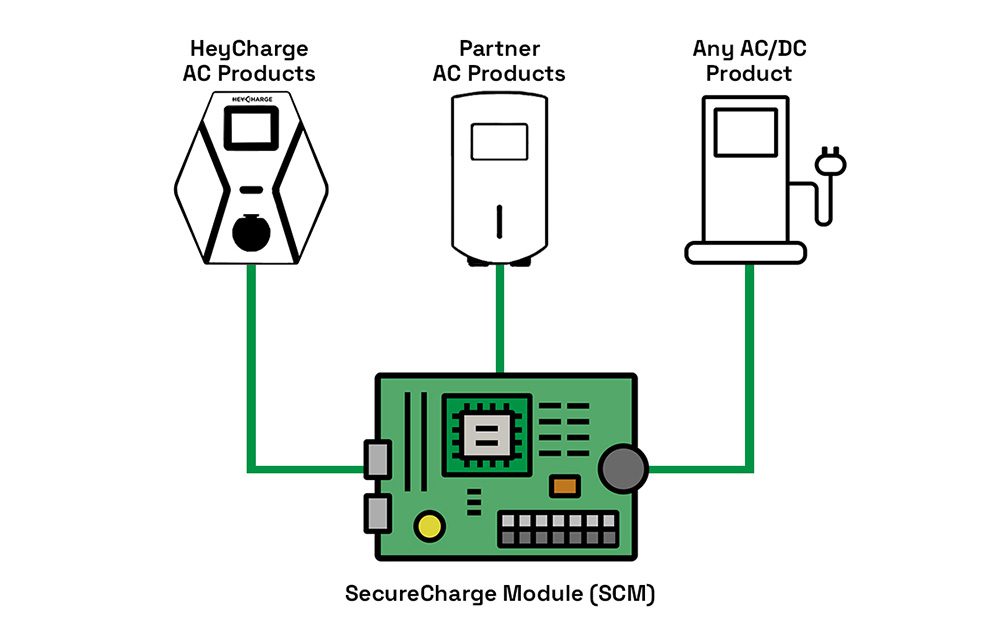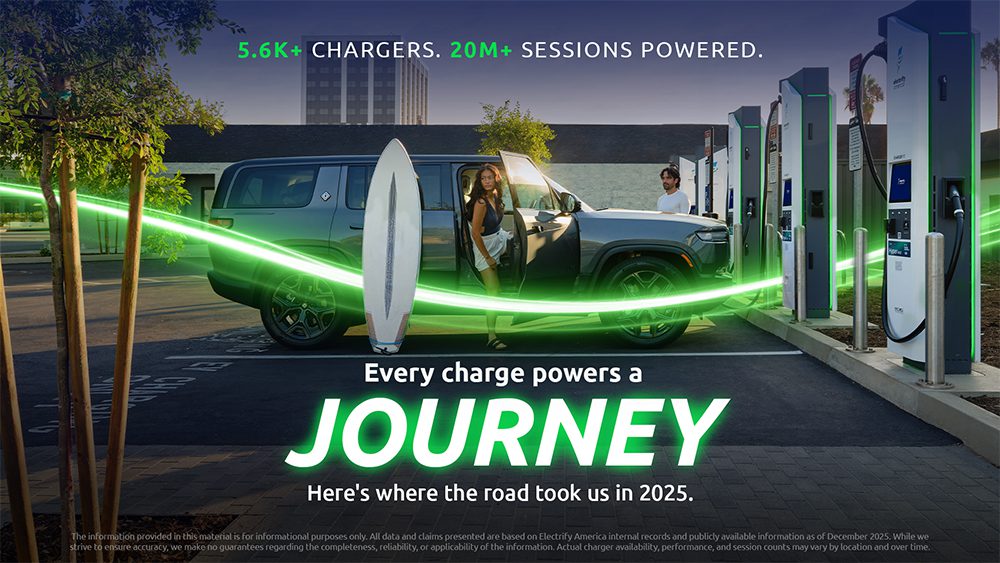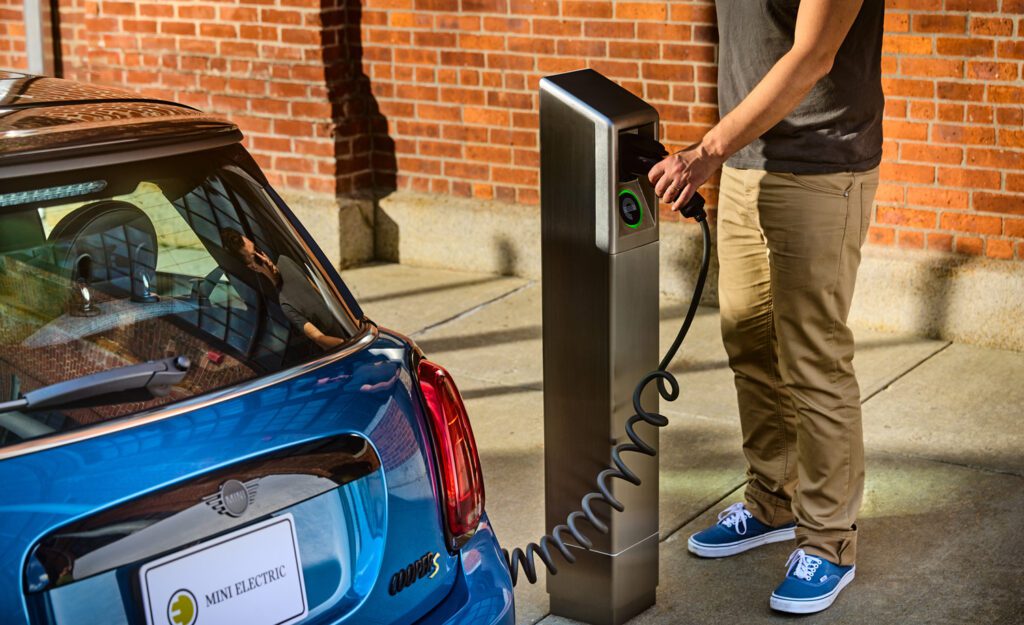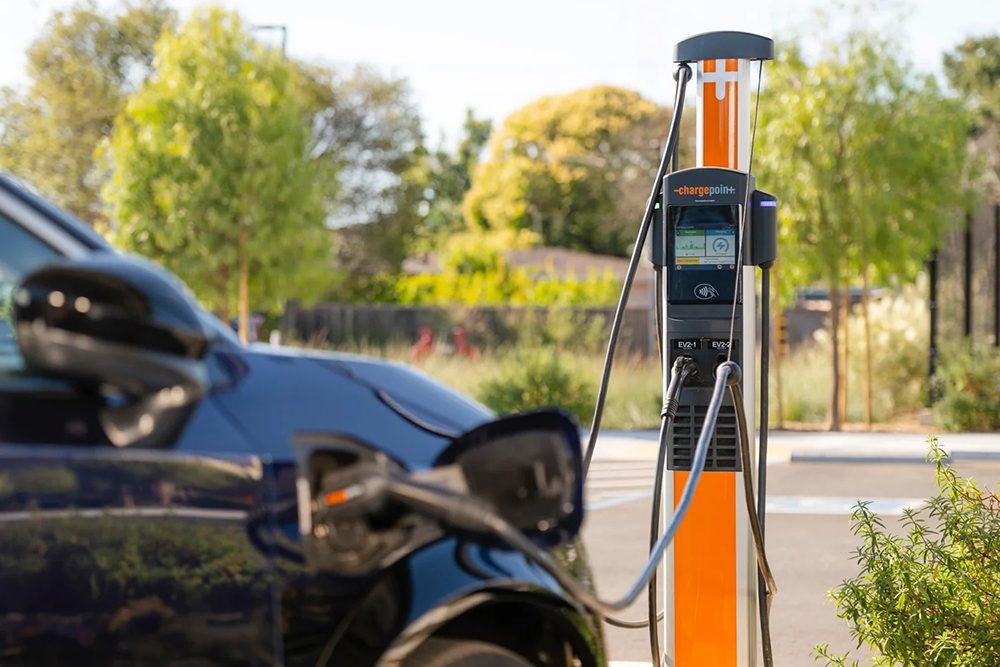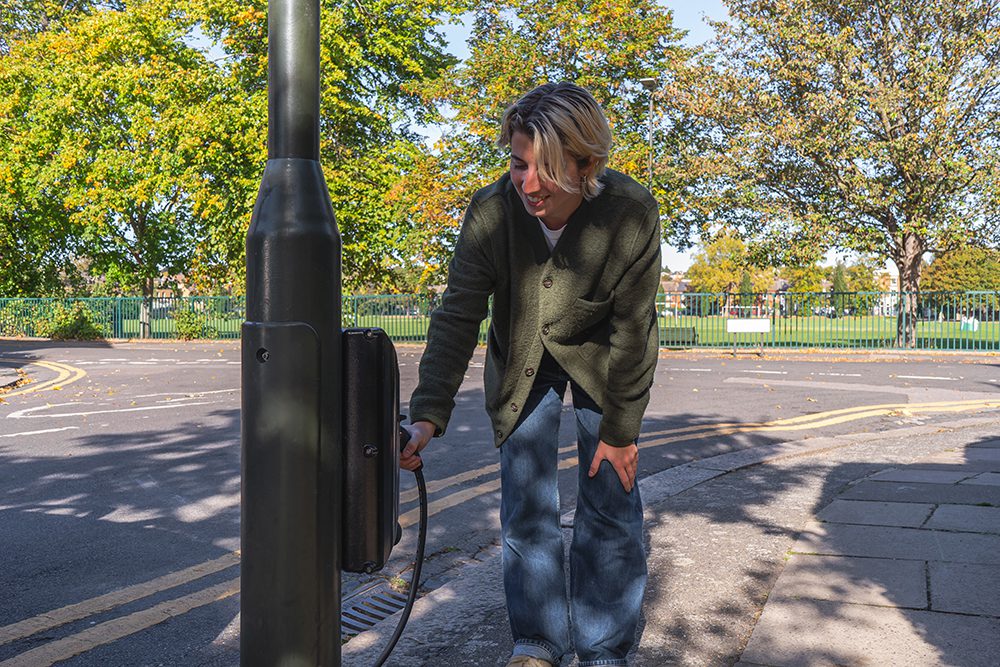The news that Jaguar hopes to produce an electric SUV by 2018 seemed unremarkable at first – a niche automaker belatedly climbing on the bandwagon. However, recent comments by a senior cabinet minister suggest that the island nation is pinning its hopes on its largest automaker (actually owned by Indian firm Tata) – and on EVs in general – to revive an industry thrown into turmoil by the Brexit decision.
Speaking at a recent meeting with automotive leaders at the University of Warwick, Greg Clark, the UK’s Business, Energy and Industrial Strategy Secretary, said that the automotive sector, “particularly electric vehicles, connected autonomous vehicles, battery storage…is going to be one of the big features of the world and Britain’s industrial policy during the weeks, months and years ahead.”
At the same event, Jaguar Land Rover CEO Ralf Speth said his company hopes to double its global workforce as it expands into EV technology, creating as many as 10,000 new jobs in the UK over the next few years – but it needs support from the government.
“We want to build our EVs in the west Midlands, in the home of our design and engineering,” Speth said. “But there is a huge problem – we don’t currently have the capacity to produce them at scale nor at speed, the costs of doing business in the UK are high compared to other countries, and alongside the access to the right skills, energy infrastructure remains the single greatest challenge.”
Speth said JLR needs the equivalent of four power stations and “the right legislative framework” to develop its EV plans, and warned that England will lose investment to other countries if the government did not act. “This is a race, ladies and gentlemen…and either we win or we lose. The government must be the enabler,” he said.
At the Paris Motor Show in October, Speth said Europeans have been boycotting British cars since the Brexit vote. European JLR dealers have reported customers who “clearly highlight that they don’t want to buy British products anymore,” he said.
The auto industry in general is apprehensive about the effects of Brexit, and is pressuring the UK government to promise compensation in the event that the EU slaps a tariff on British goods.
Ford threatened to close its last remaining UK manufacturing plants in the wake of the Brexit vote. JLR’s Speth hinted that his company may invest elsewhere if government policy isn’t to its liking. Nissan CEO Carlos Ghosn said planned new investment in the company’s Sunderland plant could be scrapped if compensation for post-Brexit tariffs isn’t forthcoming.
Source: The Guardian







